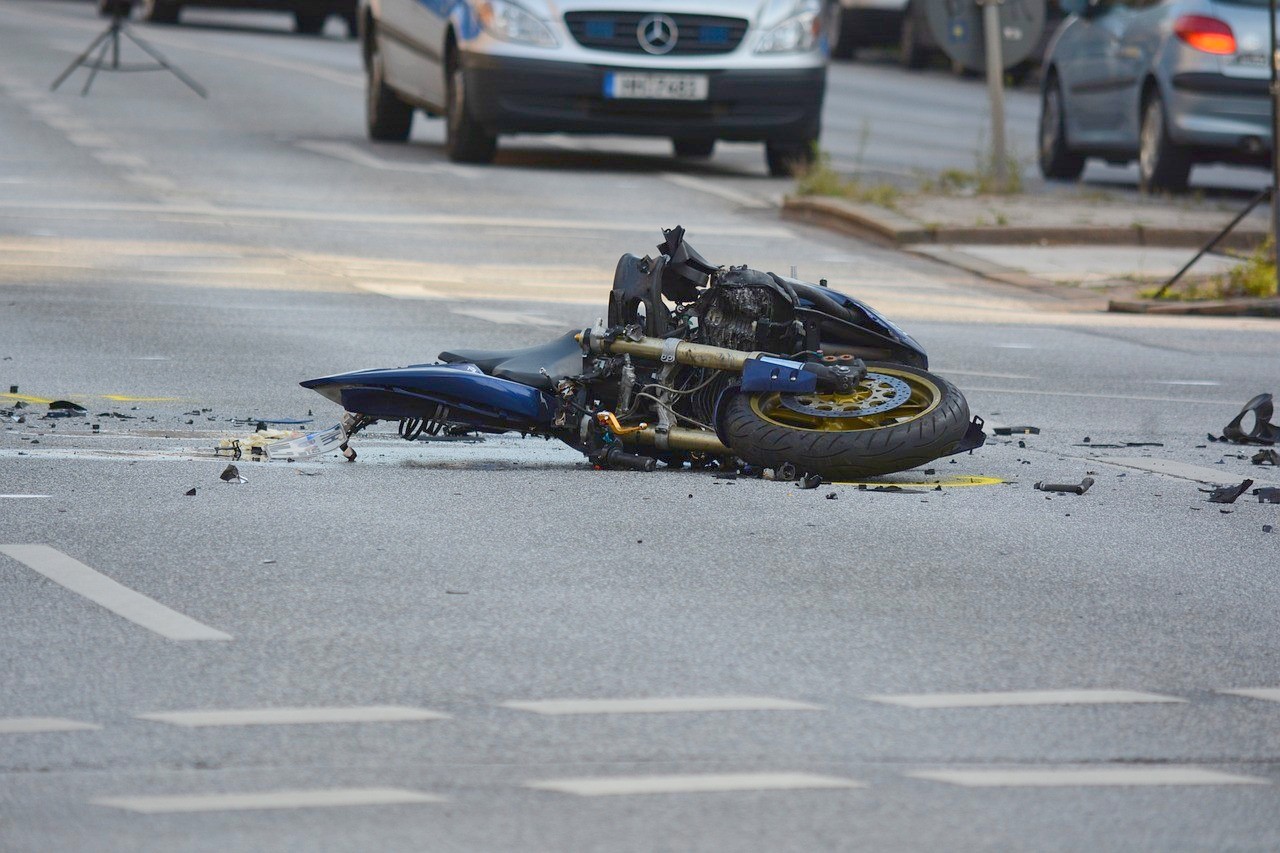Automotive News: 5 Common Injuries From Motorcycle Accidents
Motorcycles are more vulnerable to road accidents because they are less stable and visible than vehicles. In a motorcycle accident with a car, a motorcyclist is likely to suffer severe injuries as they lack an enclosed car’s protection.
The National Highway Traffic Safety Administration (NHTSA) states that a motorcycle rider has a 26 times higher probability of dying in a crash than a vehicle’s passenger and five times more likelihood of fatal injuries. Read on for five common injuries in a motorcycle accident.
1. Traumatic Brain Injuries(TBI)
Traumatic brain injuries are some of motorcycle accidents’ most common and severe injuries. A traumatic brain injury occurs when a rider is thrown off the motorcycle, resulting in severe head trauma. Severe blows to the head lead to TBI, which often causes brain swelling or intracerebral hemorrhage. TBI can occur whether you are wearing a helmet or not.
A severe traumatic injury could subject you to neurological issues such as vision, speech, and hearing problems. TBI victims also experience cognitive change and have issues with memory, recognition, and learning, among other cognitive abilities. Other symptoms of traumatic brain injury include:
- Nausea
- Fatigue
- Mood swings
- Dizziness
- Chronic headaches
- Trouble sleeping
- Tinnitus
Be sure to contact this Atlanta motorcycle accident attorney if you or a loved one suffer a traumatic brain injury after a collision. A motorcycle accident lawyer can help you maximize compensation, especially if the accident was not your fault, to enable you to cater to hospital bills, lost wages, and other effects of the accident, including death or permanent incapacitation.
2. Road Rash
A road rash is a skin abrasion that occurs when a motorcycle rider makes contact with a road pavement during a collision. Riders wearing protective riding clothing often experience mild injuries, including bruising, scrapes, and cuts. However, without protective gear, you could experience nerve damage, muscle damage, and severe gashes, necessitating immediate medical attention. You could also experience permanent scarring.
3. Spinal injuries
Like severe TBI, a spinal injury is one of the most devastating and life-changing motorcycle injuries. If you are thrown off your motorcycle or collide with a heavy vehicle, the impact could result in severe damage to your back and spine and cause total or partial paralysis.
Whether you experience minor or major spinal injuries, it could result in long-term issues that necessitate long-term physical therapy and treatment. For this reason, hiring a personal injury lawyer like motorcycleaccidentlawyer.com to negotiate compensation to help you manage the life-changing condition is crucial.
4. Lower-extremity injuries
These are motorcycle injuries sustained below the waist, often on the pelvis and the legs. Lower-extremity injuries are the most frequent motorcycle injuries because during an accident, the areas below the core: the pelvis, and the legs, withstand most of the collision’s impact thanks to their position on the motorbike. Severe lower-extremity injuries could prevent motorcycle accident victims from walking permanently or temporarily.
5. Facial and dental injuries
Serious motor accidents could result in severe face and mouth injuries, especially when the victim is not wearing a helmet. A victim could experience vision loss or eye damage, missing or loose teeth, broken facial bones, and scarring, among other complications. Severe facial and dental injuries could also result in face disfiguration, compromising confidence and self-esteem.
Endnote
Traumatic brain injury, road rash, spinal injuries, and dental and facial injuries are some of the most common injuries in motorcycle accidents. If you are involved in a motorcycle accident due to another person’s negligence and experience any of these injuries or any other complications, be sure to hire a motorcycle accident attorney to handle your claim and get the compensation that you deserve. Ensure that you also seek medical attention immediately to speed up your recovery and prevent long-term effects.
